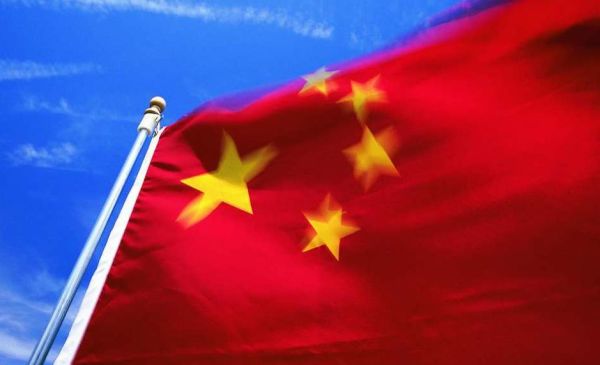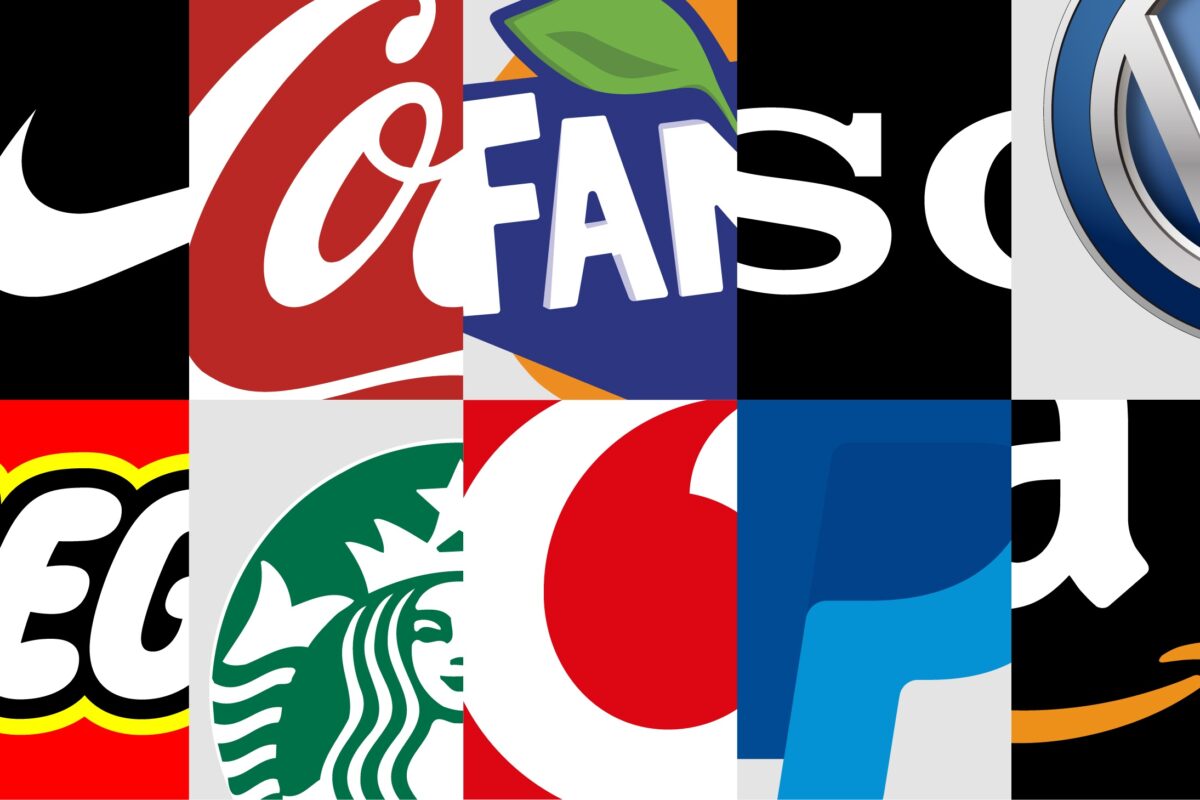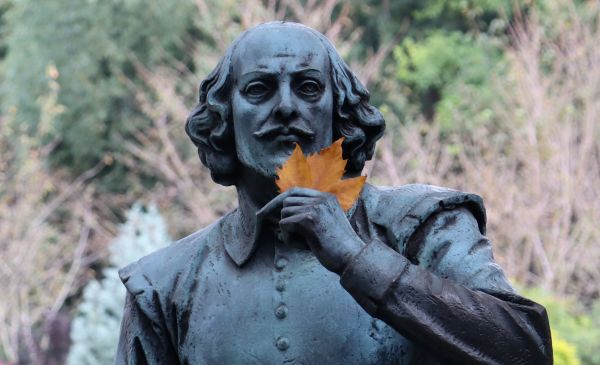
Go global, young man.
That was the advice from Harvard’s Theodore Levitt when his seminal article, “The Globalization of Markets,” was published in 1983. Since then, globalization has become a dominant theme of international business strategy.
It really is a neat idea: You drive a global brand with one big differentiated idea, everywhere from Akron to Auckland. Your brand gets recognized on the shelf by travelers and natives alike. A single name lowers production and manufacturing costs.
That’s normally what we mean by a “global name.” But in China, the younger generation is giving globalization a provocative new spin. As China talks of opening itself to the world, its young people are presenting themselves to the world by selecting new names in English.
The Associated Press reports that some college students have named themselves for Western brands, calling themselves Kodak, Chanel, Levi or Marlboro. A young lady originally named Wang Wei, a hotel marketer, tried on “Linda” and “Vivienne” for a better fit, then found her unique solution in the aisle of a supermarket. She is now Vanilla Wang. “In China,” says Vanilla, “it really helps to have a name people remember.”
Young Chinese find inspiration in a popular book by Wang Xeujun about choosing English names. The author observes, “More Chinese are leaving China, more Chinese are coming into contact with foreigners in China. And English is the world’s language. So a beautiful or unique English name gives you access to all the countries of the world.”
One Chinese-born, American-based translator reminds us that English is taught as a second language in China and Taiwan, and teachers also encourage students to pick English names. (Many will change their English names many times before settling on one.)
Zhao Tianqi is an artist working in wood-block prints. She is now Color Zhao (with the added dash of the British spelling). Wang Lei is a video editor who translated his birth name and now works in Beijing as Thunder Wang. Among his contemporaries are Harlem Zhao and Echo Wang.
The Chinese place much greater emphasis on the meaning of names than most English speakers do, according to analysts. Many foreign words are assimilated into Chinese with great care. America is “meiguo” (beautiful country). Elvis is “maowang” (king cat).
The Blake Project Can Help: The Brand Positioning Workshop
Branding Strategy Insider is a service of The Blake Project: A strategic brand consultancy specializing in Brand Research, Brand Strategy, Brand Licensing and Brand Education





One comment
Mohan
October 24, 2009 at 2:50 pm
Chinese, and for that matter even Indians and South Asians who migrated west tend to anglicize their names. I guess this trend is moving further to the mainstream than we realized!
Comments are closed.